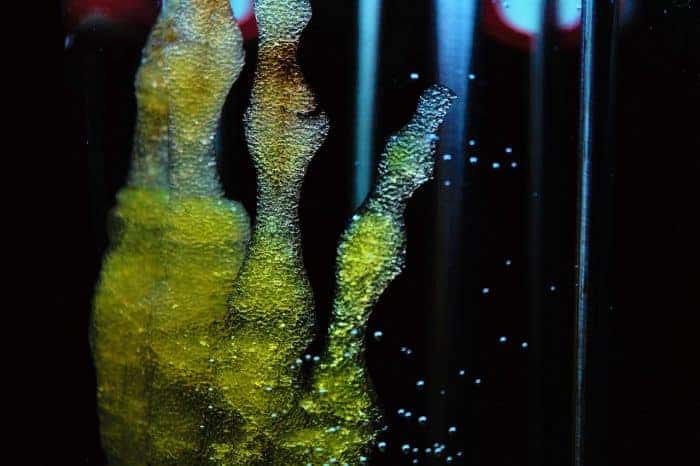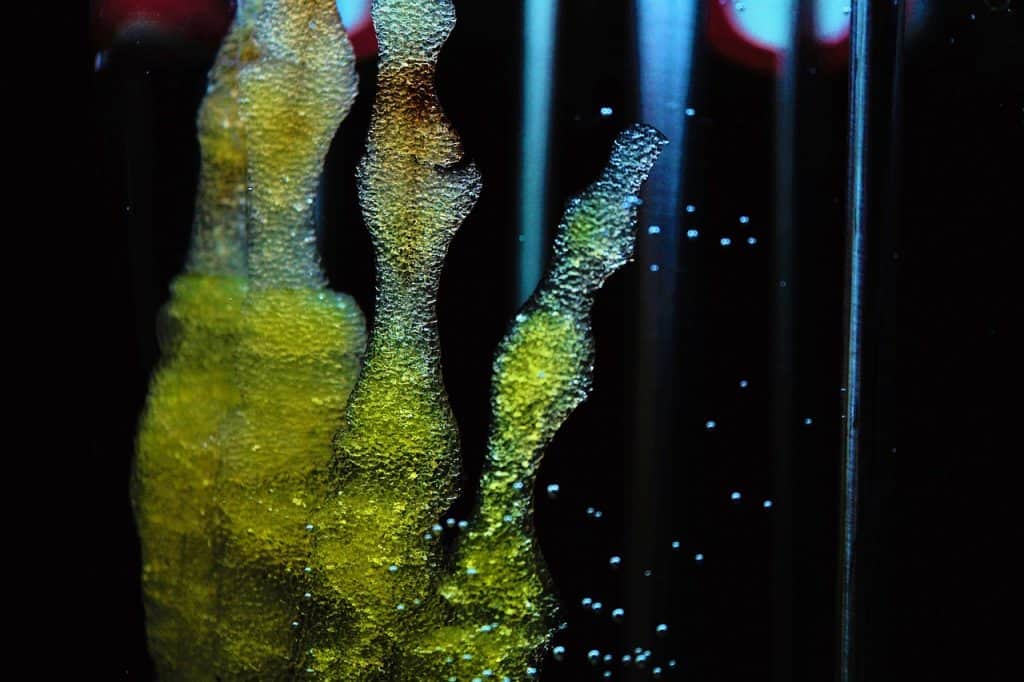Here at Kempner, we openly support going green and like many companies, hold great concern about the impact of plastic waste on the environment. However, while product innovations in several business sectors have resulted in the advent of more sustainable goods, fully biodegradable shrink wrap has not yet been achieved. This is no secret to our customers; yet many consumers are being misled by some manufacturers claiming that, in line with wider concerns, their products are biodegradable when, unfortunately, this is not the case.
As such, we wanted to provide some clarification firstly, concerning the meaning of biodegradation and secondly, the progress that is being made within the shrink wrap industry to reach the goal of achieving a more sustainable product:
What is a Biodegradation?
Biodegradation is when something can be decomposed organically by living organisms such as bacteria or fungi or other natural processes of disintegration. Thus, instead of being disposed of purposefully through harmful processes such as burning or dumping, biodegradable plastics can decompose autonomously over time as the result of the biological agents within them.
What Constitutes Biodegradable Shrink Wrap?
Like any other biodegradable product, as stated by the European Standard EN 13432, shrink wrap must be able to disintegrate naturally through organic decomposition to certify as biodegradable. This means that it should be capable of organic degeneration through the invasion of living organisms or other natural processes.
What Progress is Being Made to Create Biodegradable Shrink Wrap?
While a fully biodegradable shrink wrap film is yet to be created, our new Ultra Oxo-Biodegradable Polyolefin Shrink Film JBIO may signify the first step towards biodegradable shrink wrap products…
Using a specially developed additive which causes the plastic to disintegrate at a controlled rate, the JBIO film can degrade when exposed to sunlight, high temperatures or mechanical stress. The environment created by these individual variants results in the process of oxidation, whereby the chemical structure of the film is altered, and it loses particular mechanical properties, causing it to separate into smaller fragments. Biodegradation then occurs when these fragments are invaded and consumed by living organisms, e.g. bacteria, fungi etc., resulting in the organic production of carbon dioxide, water and biomass.
Here at Kempner, as well as stocking traditional types of polyolefin shrink wrap, we can now also offer those who are interested the chance to sample the JBIO film, which is available in 12 and 15 microns. Consequently, if you’re a company looking to go a little greener, the JBIO could be the first step in helping you to achieve that goal! To find out more, contact one of our team members today here Kempner or visit our website now.



